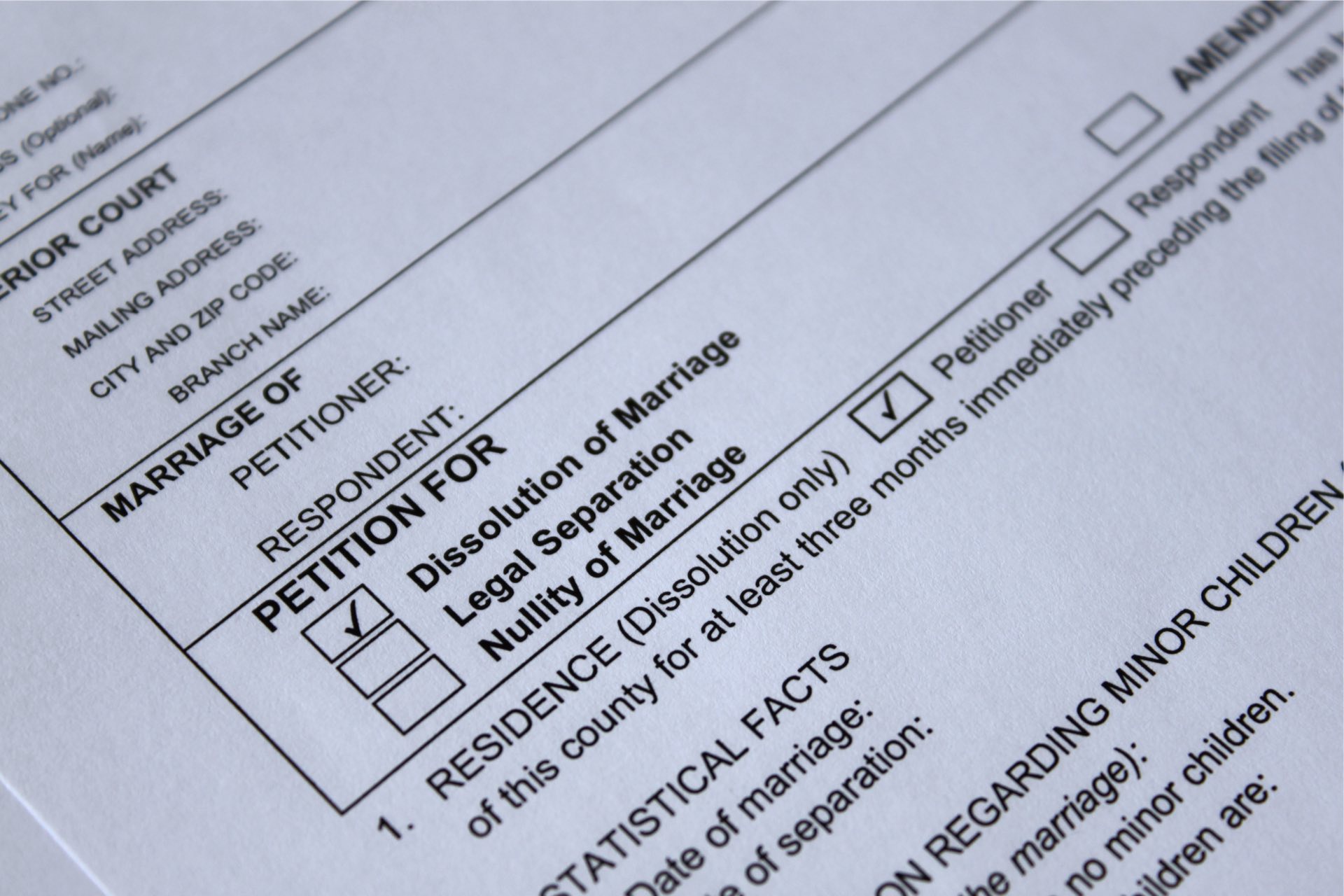
Divorce is challenging, especially when it involves dividing ownership interests in a business. In West Chester, Ohio, this process requires careful consideration and professional expertise to ensure a fair asset distribution, minimize conflicts, and protect your interests.
This article will discuss the importance of business valuation before divorce, explore options such as spousal buyout agreements or restructuring business ownership, examine the tax implications and impact on business operations, and highlight how important it is to hire the experienced legal team at Garretson & Holcomb, LLC, to guide you through this complex process.
Understanding Business Valuation in Divorce
One of the first steps in dividing business ownership during a divorce is determining the value of the business. Business valuation is a complex process that requires the expertise of qualified professionals, such as forensic accountants or business appraisers. These professionals use various methods to assess the value of the business, including market approaches, income approaches, and asset-based approaches.
The market approach involves comparing the business to similar businesses that have been sold recently. By examining the sale prices of comparable businesses, an appraiser can estimate the market value of the business in question. The income approach focuses on the business’s ability to generate future income. It involves estimating the future cash flows the business is expected to produce and then discounting these cash flows to their present value. This method is particularly useful for businesses with strong, predictable earnings. The asset-based approach involves calculating the total value of the business’s assets and subtracting its liabilities, providing a clear picture of the business’s net worth based on its tangible and intangible assets.
A precise valuation is important because it ensures that both parties receive a fair share of the business’s worth. Without an accurate valuation, one spouse may end up with a disproportionate share of the assets, leading to conflicts and disputes.
Impact on Business Operations
The division of business ownership can affect daily operations and long-term strategies, as well. It’s important to have a continuity plan to maintain business stability during and after the divorce process. Adjusting management roles, establishing clear communication strategies with employees, and maintaining relationships with customers and vendors are all excellent ways to ensure the business continues to run smoothly.
Different Business Structures
The type of business structure you have—whether it is a sole proprietorship, limited liability company (LLC), partnership, or corporation—affects how ownership interests can be divided during a divorce. Each structure comes with its own set of legal challenges and strategies.
Options for Dividing Business Ownership
Once the business valuation is determined, the next step is deciding how to divide the business ownership. Several options are available, each with its benefits and drawbacks:
- Spousal Buyout Agreements: In a spousal buyout, one spouse buys the other’s interest in the business, allowing the buying spouse to retain full ownership. This option can be helpful because it provides a clean break and allows the business to continue operating without the complications of shared ownership. However, it requires the buying spouse to have sufficient funds or financing to purchase the other’s interest. The buyout may occur through a lump sum payment or several payments over a fixed time period.
- Selling the Business: In some cases, selling the business and dividing the proceeds may be the best option. This approach provides a definitive resolution and allows both parties to move on without ongoing entanglements. However, selling a business can be time-consuming and may not always lead to the desired financial outcomes, especially if market conditions are unfavorable at the time of the divorce.
Long-Term Financial Planning
Divorce can significantly impact your long-term financial planning. After the divorce, it is important to reassess and adjust your financial goals and plans to reflect your new circumstances. This includes reviewing and possibly modifying your retirement planning, investment strategies, and estate planning to ensure your financial security moving forward. Consulting with financial advisors can be incredibly beneficial here , because they can help you create a comprehensive plan tailored to your new situation and long-term objectives, ensuring you are well-prepared for the future.
Protecting Business Interests Before Divorce
Proactively protecting your business interests before a divorce can prevent numerous issues down the line. Implementing measures such as prenuptial and postnuptial agreements can clearly outline how business assets will be handled in the event of a divorce, providing a predefined agreement that can simplify the division process. Setting up trusts or other legal mechanisms can also safeguard your business assets, ensuring they are protected and less likely to be contention points during a divorce. These proactive steps provide clarity and protection, making the division process smoother and less combative, and ultimately safeguarding your business’s future.
Closing Arguments
At Garretson & Holcomb, LLC, we are dedicated to providing informative and trustworthy legal services to protect your interests. Contact us today to learn how we can assist you in achieving a fair and equitable resolution during your divorce or dissolution of marriage.


